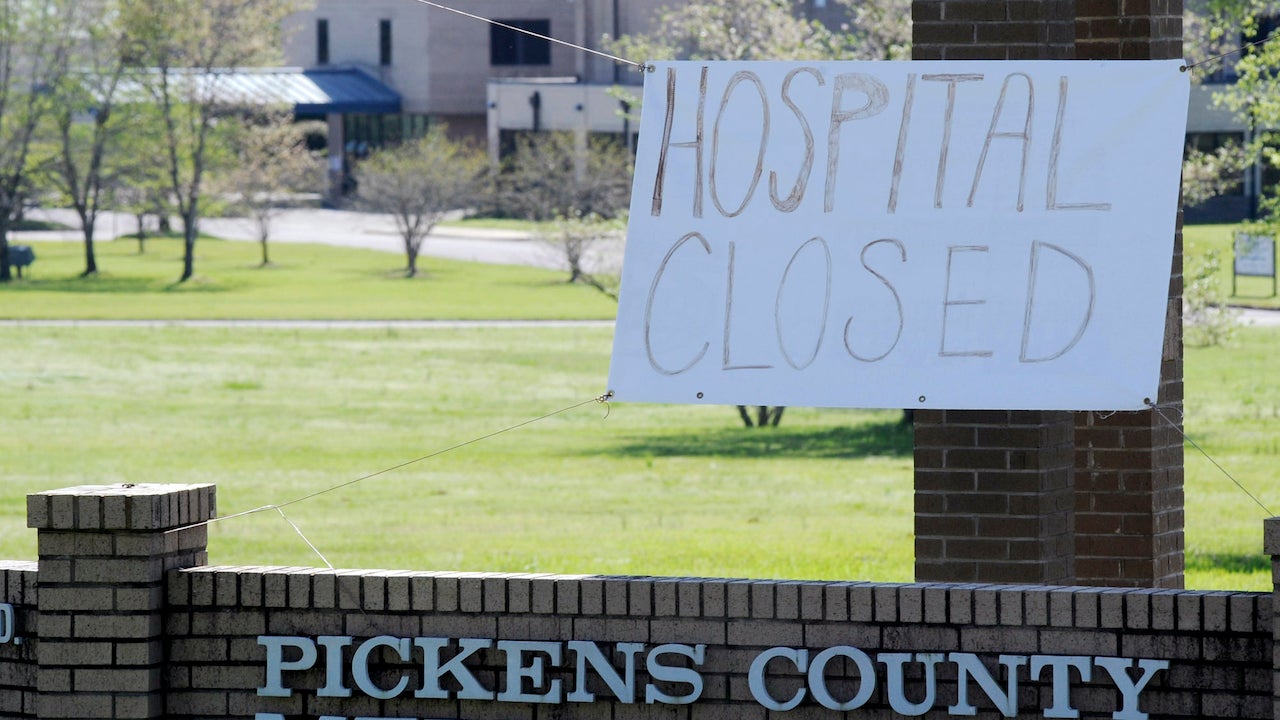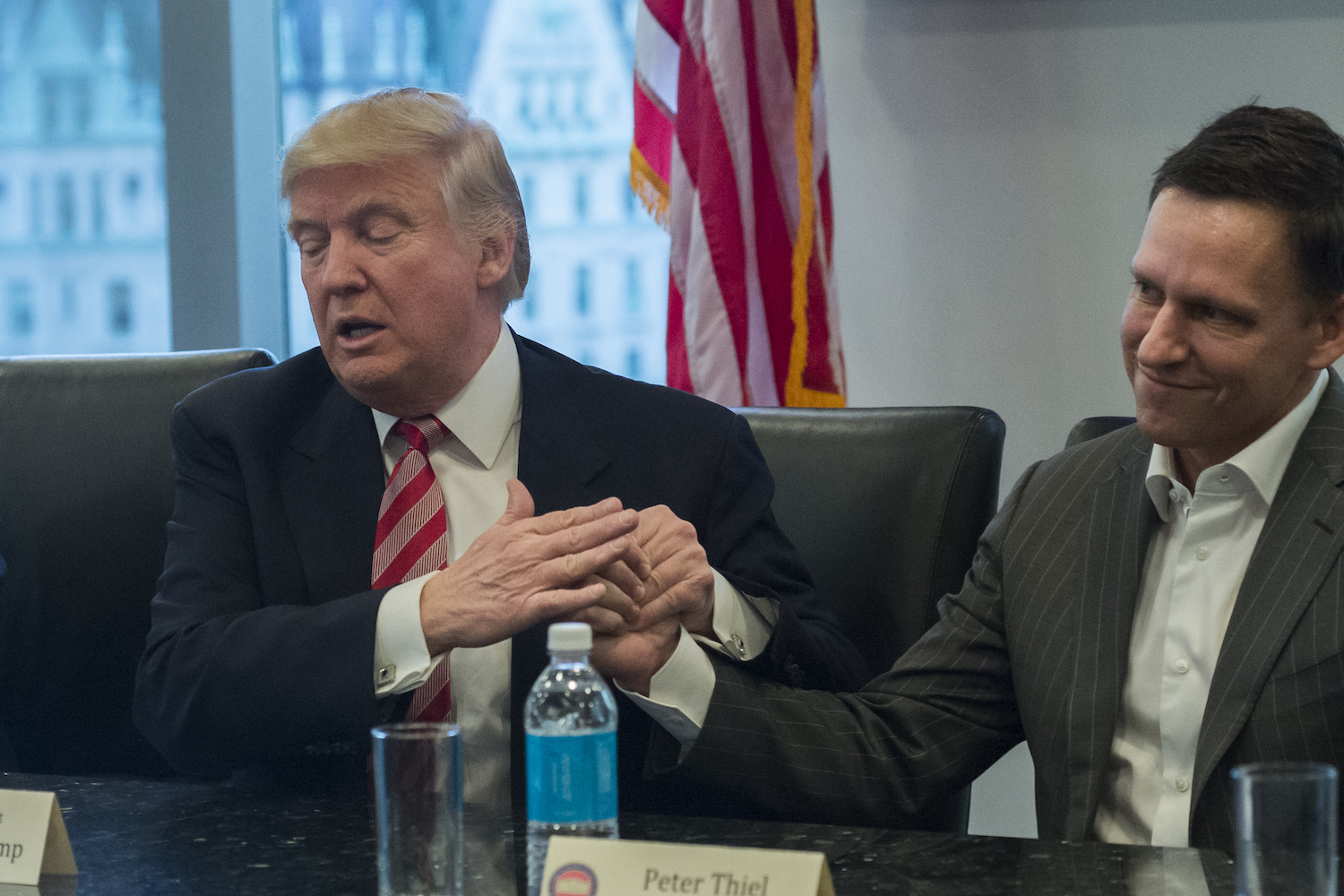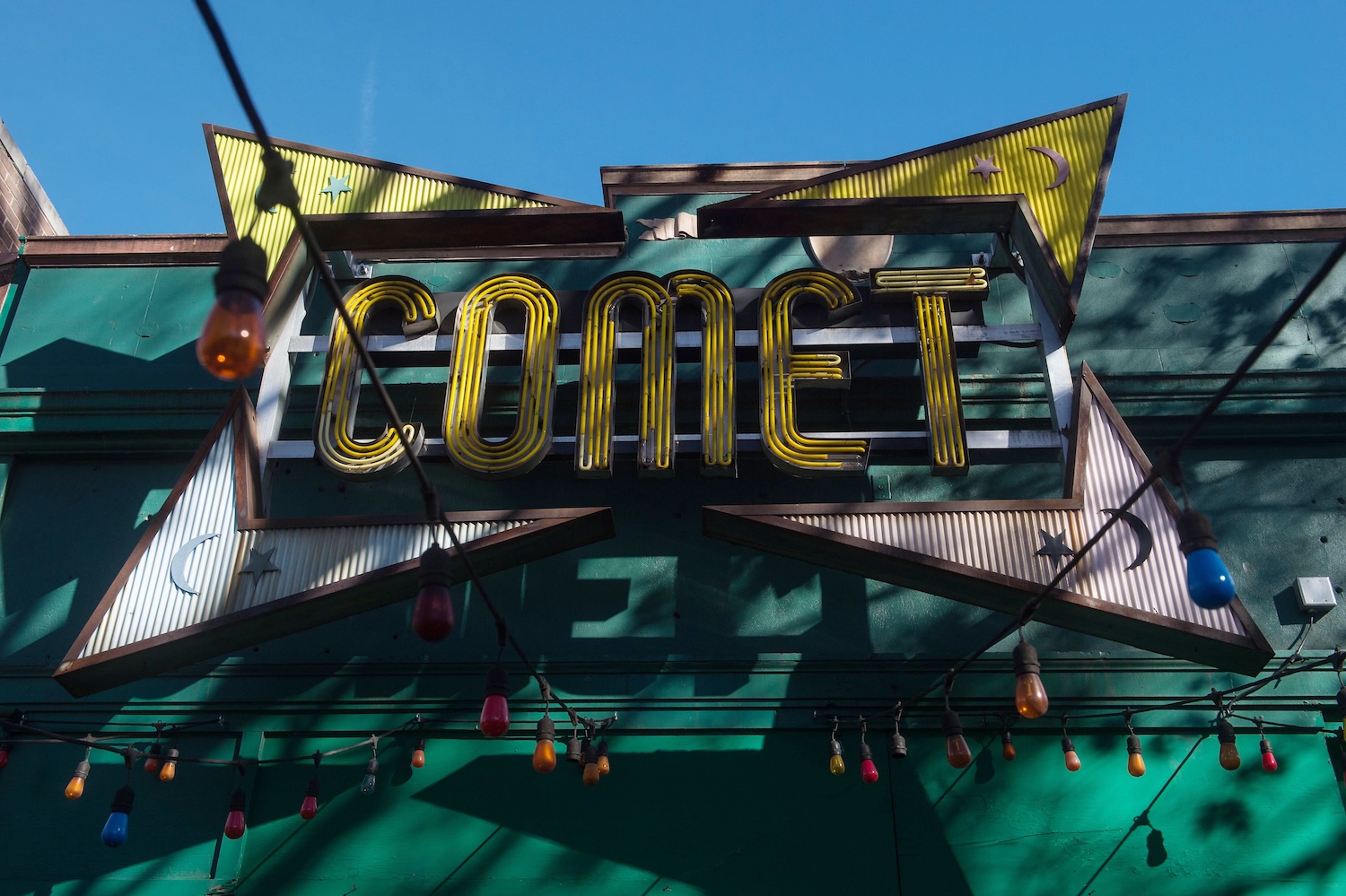Alabama no longer plans to deny ventilators to people with cognitive disabilities if hospital equipment becomes scarce, according to the U.S Department of Health and Human Services (HHS). Alabama’s plan, originally published in 2010, would have taken away life-saving ventilators from people with intellectual disabilities if there were not enough to treat all covid-19 patients in the state.
The HHS Office for Civil Rights (OCR) explained on Wednesday that the 2010 plan violated federal civil rights laws and would have denied ventilators to people with “profound mental retardation” and “moderate to severe dementia.” HHS was also concerned that the plan would have instituted limitations based on age, another categorization that violates federal civil rights legislation.
The 2010 plan, first reported by AL.com, was titled, “Criteria for Mechanical Ventilator Triage Following Proclamation of Mass-Casualty Respiratory Emergency.” Alabama updated its Crisis Standards of Care (CSC) on February 28, and that update did not specifically mention intellectual disabilities, but the guidelines from 2010 were still present on various state websites.
“The state has agreed to remove all links to the 2010 Criteria from its websites and to comply with applicable civil rights law,” HHS said in a statement. “It has further agreed to clarify publicly that the 2010 Criteria are not in effect; that it will not, in future CSC guidelines, include similar provisions singling out certain disabilities for unfavorable treatment or use categorical age cutoffs; and that it will also not interpret the current Guidelines in such a manner.”
Alabama has identified 2,499 cases of covid-19 and 67 deaths, though those numbers are certainly much lower than the actual number of cases. Roughly 38 percent of those deaths were black people, according to the Alabama Department of Public Health, which now maintains a state coronavirus tracker with demographic information.
There are 432,438 identified covid-19 cases in the entire U.S. and 14,808 deaths as of early Thursday morning, according to the Johns Hopkins coronavirus tracker. The U.S. currently has the highest number of cases in the world and that number is expected to grow substantially despite efforts to keep people indoors over the past few weeks. But Alabama only instituted a shelter-in-place order for its 4.9 million residents on April 4, long after many other states did the same.
“OCR commends Alabama for quickly disavowing problematic triage plans and coming into compliance with federal civil rights laws within days of being contacted by our office,” Roger Severino, the director for the Office of Human Rights who’s ironically best known for opposing same-sex marriage, said in a statement on Wednesday.
“Persons with disabilities have equal worth and dignity and should not be deprioritized for health care based on a supposedly lower ‘quality of life’ compared to persons without disabilities. Older Americans in Alabama can take solace knowing that their state will not impose blunt age cutoffs for ventilator allocation if, God forbid, there is a shortage,” said Severino.
The question of who will and who will not get a ventilator during a shortage has been a worldwide concern during the coronavirus pandemic. Doctors in Italy, which has been the hardest hit country in Europe, have been forced to sometimes choose which patients get a ventilator, often deciding that younger people should be a priority. Other times, the patient gets to decide, like when a 72-year-old priest in Italy gave up his ventilator for a younger person.
Alabama isn’t the only state struggling with the idea of what should be done in the event of a ventilator shortage. The Center for Public Integrity has identified 25 states that have some kind of provision that may place people with disabilities last on the list to receive life-saving equipment if hospitals are overwhelmed. And there are reports that some hospitals with a lot of covid-19 patients are simply denying care to the elderly, especially in places like New Orleans, according to the Washington Post.
A report from the Wall Street Journal last month explained that virtually every state has been making plans for how to ration ventilators, and none of the options are good.
Rationing care seems to be the new normal, according to several other reports coming from across the U.S. The coronavirus pandemic has highlighted a troubling embrace of eugenics among people on the far right. Just yesterday, disgraced former Fox News host Bill O’Reilly said that many people who have died from covid-19 “were on their last legs anyway.”
O’Reilly, who paid $32 million to settle a sexual harassment claim before he was fired by the network, also told Sean Hannity that countries with socialized medicine weren’t handling the coronavirus pandemic as well as the U.S., something that’s simply not true. The U.S., the only wealthy nation that doesn’t guarantee health care to all its citizens, is on track to have the worst coronavirus outcomes of any country on Earth. The U.S. now accounts for roughly a quarter of daily covid-19 deaths, according to the Financial Times.
And a new article from NOLA.com echoes some of the most troubling reports in the U.S., explaining how nurses in Louisiana are being pressured by hospital managers into getting vulnerable people off of ventilators through coercion:
Nurses say they’re multitasking more than ever. A nurse at East Jefferson says the nurses working with coronavirus patients have lost ancillary support from other staffers who would normally help provide care: physical therapists, occupational therapists, environmental services.
[…]
That nurse bemoaned her inability to develop personal connections with her patients because there’s too much work to be done. And she said she’s uncomfortable with instructions she’s been given about how to talk to patients about their options, saying staff are being advised to steer sicker patients away from ventilators.
“What they have said is, ‘If you do not think they are gonna make it, we would appreciate it if you would encourage them to go in the right direction,’” the nurse said about how supervisors have advised them to discuss life-preserving measures.
There doesn’t appear to be strong guidance coming from the federal government, other than to say that there shouldn’t be discrimination. The feds are also taking every opportunity to stroke President Trump’s ego, a disgusting display typically only seen in authoritarian countries like North Korea.
“Alabama and other states are free to and encouraged to adopt clear triage policies, but they must do so within the guardrails of the law,” Roger Severino, Director of OCR, said. “President Trump has mobilized the entire federal government to ensure that no person is left behind for lack of medical resources, but also that no one is excluded because of unlawful stereotypes or discrimination.”














